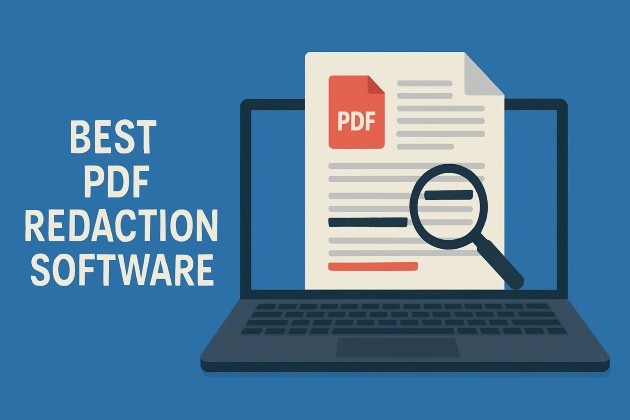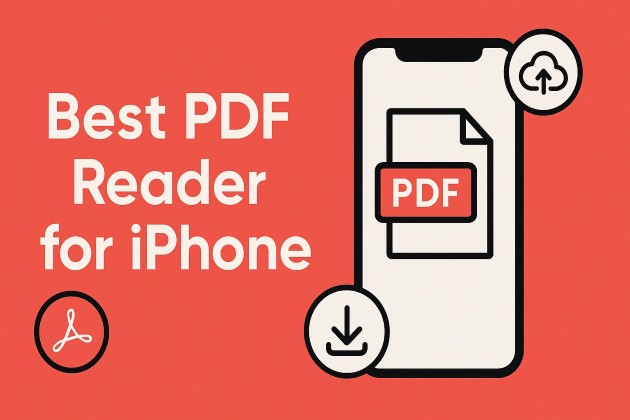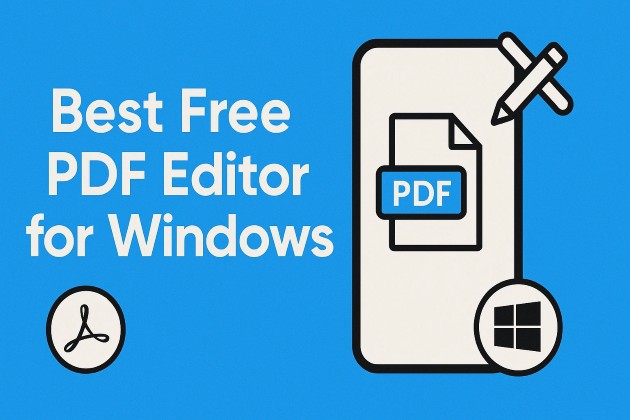How to save PDF as JPEG (Beginner Guide)
Portable Document Format (PDF) files are widely used for sharing and preserving documents in a consistent format across different devices and platforms. However, there are instances when you may need to convert a PDF file to a different image format, such as JPEG, to facilitate easy sharing, editing, or inclusion in presentations. In this article, we'll walk you through the process of converting a PDF to JPEG, providing you with simple and effective methods to achieve your goal.
Method 1: Online PDF to JPEG Converters
Online PDF to JPEG converters offer a hassle-free way to transform your PDF files into JPEG images without requiring any software installation. Here's how you can use this method:
Step 1: Open your web browser and search for "PDF to JPEG converter."
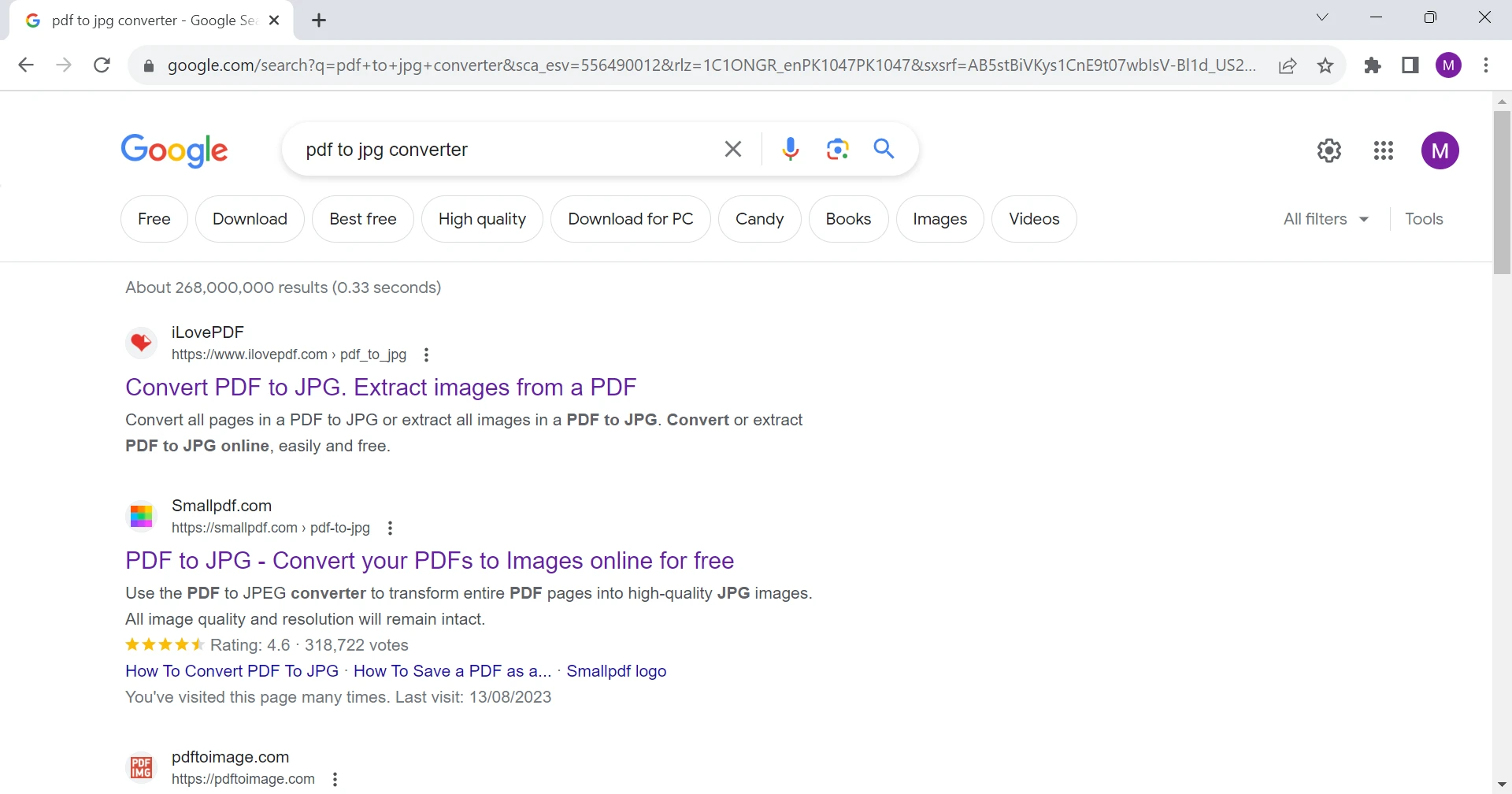
Step 2: Choose a reputable online converter from the search results. Some popular options include Smallpdf, Zamzar, ILovePDF, etc.
Here we have used the ILovePDF's PDF to JPG converter.
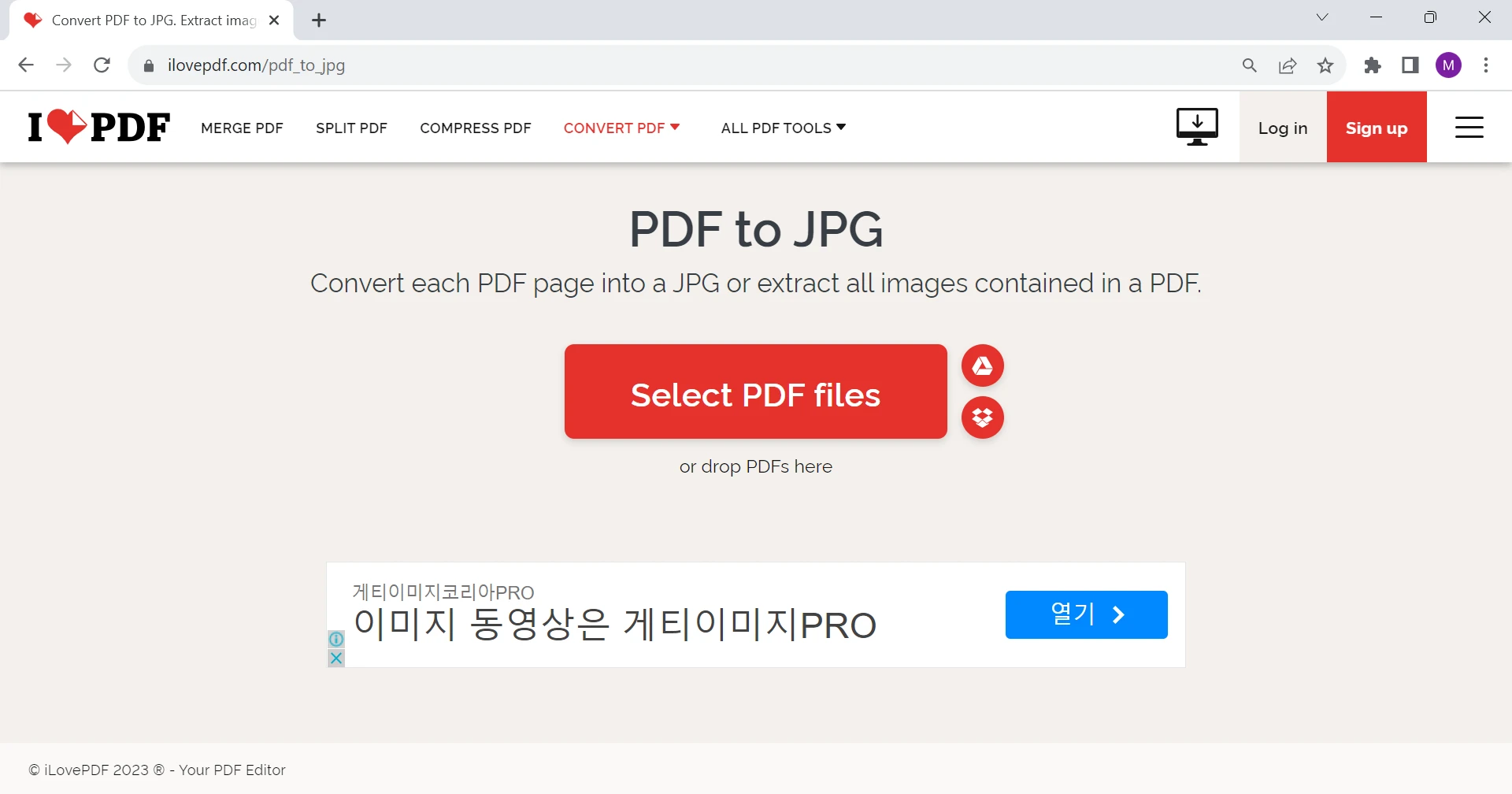
Step 3: Upload your PDF file to the converter's website by either dragging and dropping the file or using the provided upload button.
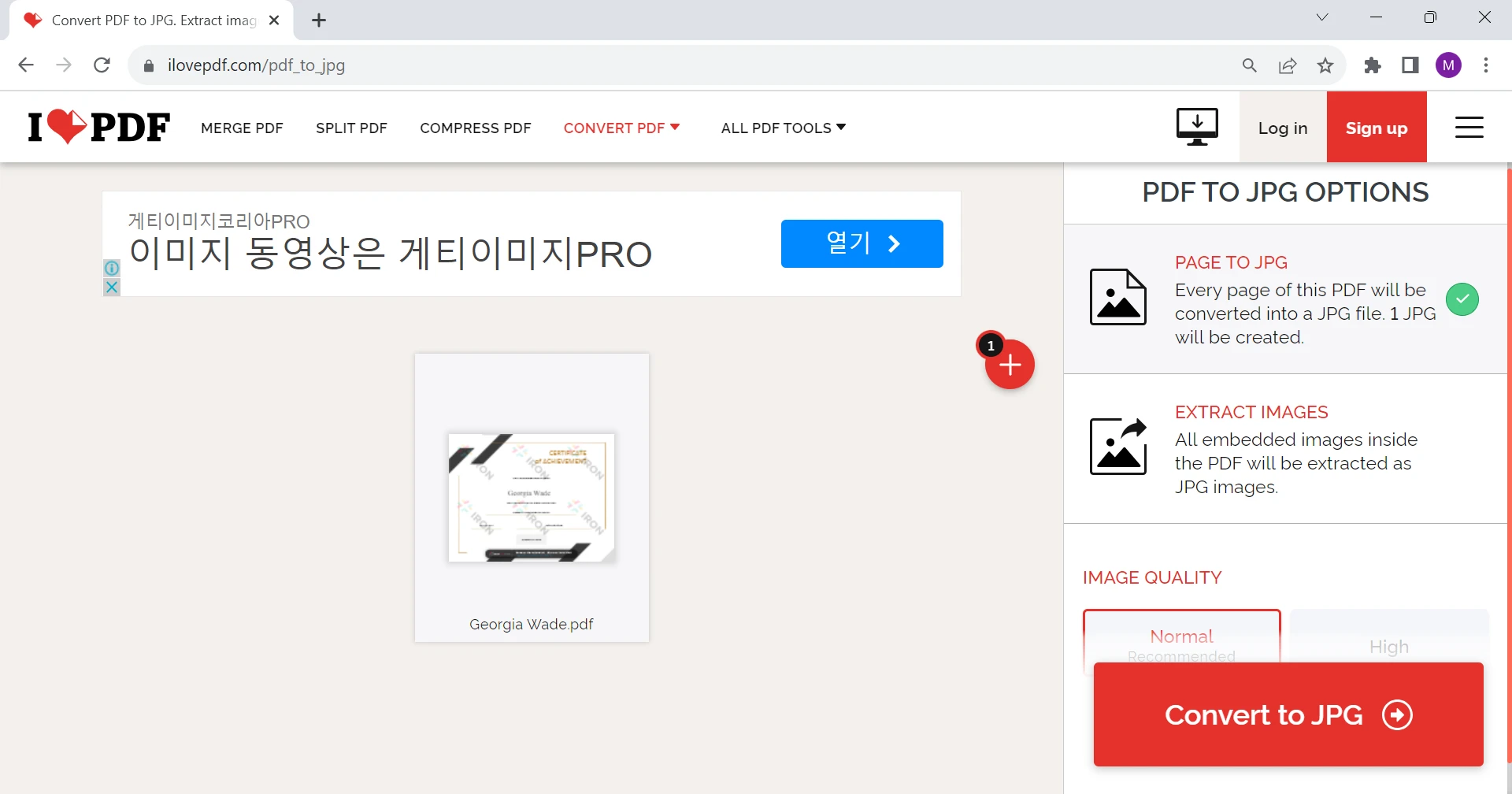
Step 4: Select your preference. If you want to export each page into a separate JPEG image, select the 'PAGE TO JPG' option. If you just want to extract all the images, choose the second option 'EXTRACT IMAGES'.
Step 5: Click the "Convert to JPG" button to convert the file into JPG format.
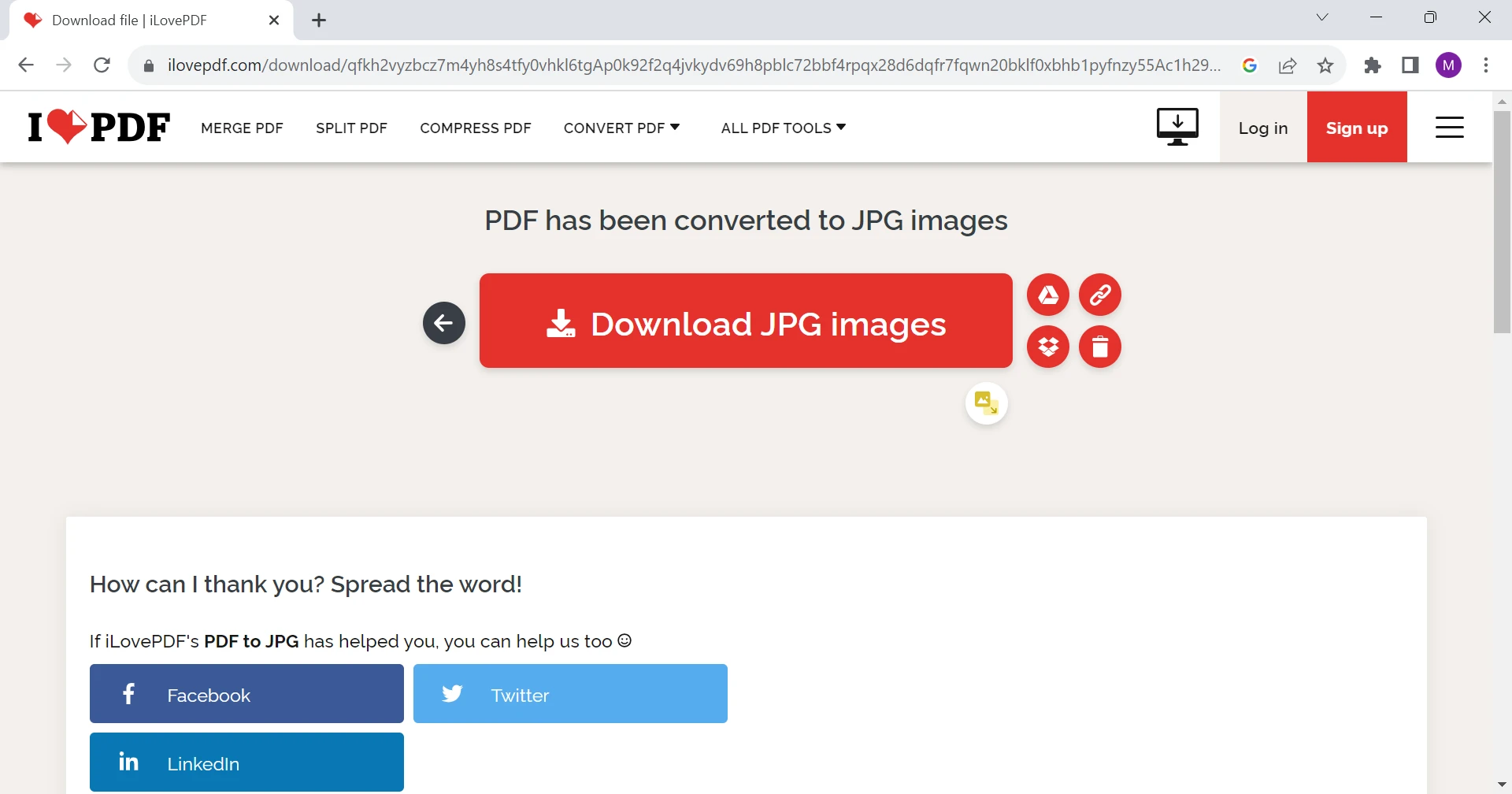
Step 6: Once the conversion is complete, the website will provide you with a link to download the converted JPEG file. Click the link to save the JPEG files to your device.
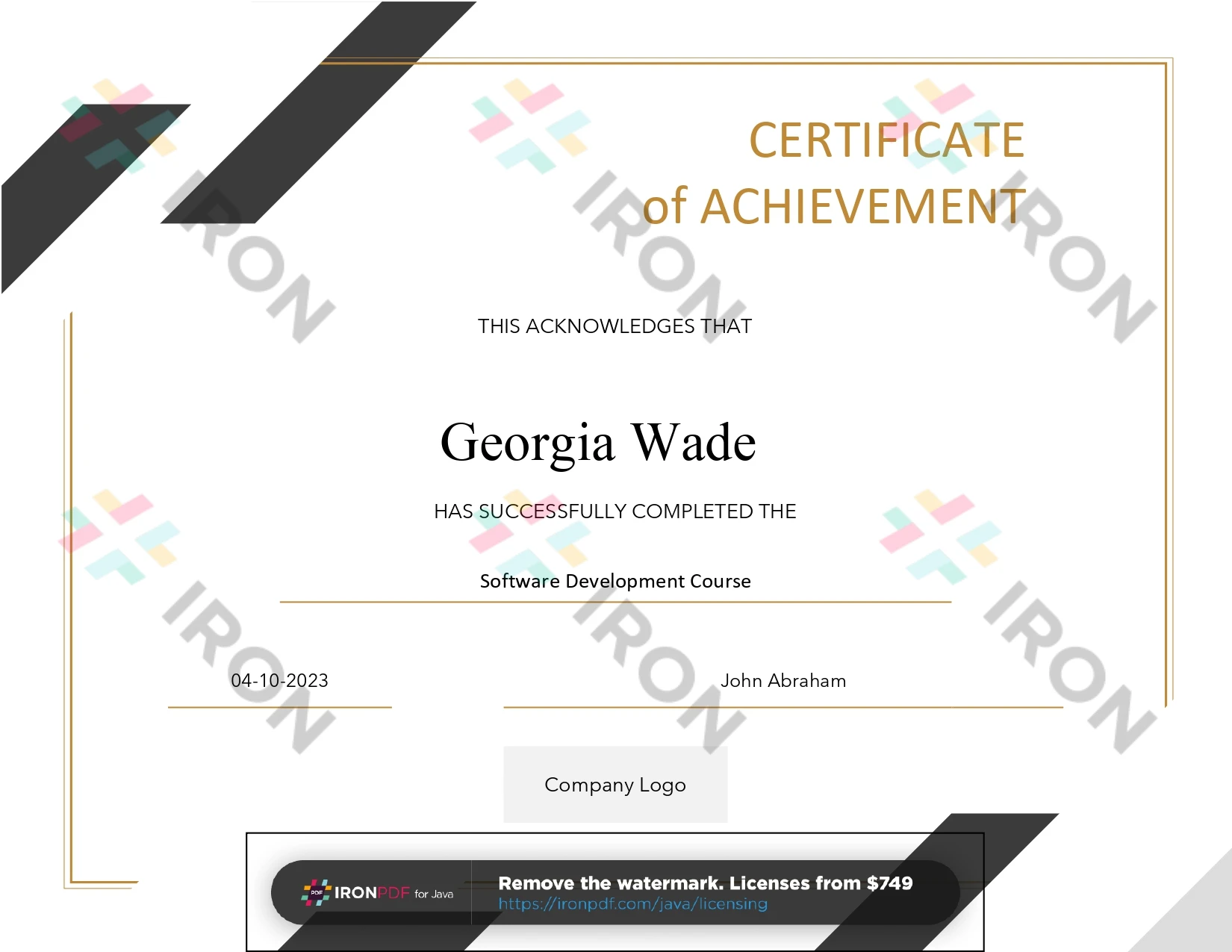
Method 2: Adobe Acrobat Reader
Adobe Acrobat Reader, a widely used PDF reader, and editor, also offers the capability to save a PDF as a JPEG image. Adobe Acrobat Reader, a widely recognized software, is essential for seamless viewing, printing, and annotating of PDF documents. With its user-friendly interface, it enables efficient navigation through PDFs, while features like annotations and digital signatures enhance collaboration and document authenticity. Acrobat Reader's broad compatibility ensures a consistent experience across platforms, making it a fundamental tool for individuals and professionals alike. Follow these steps to accomplish the conversion:
Step 1: Open the PDF file you wish to convert using Adobe Acrobat Reader.
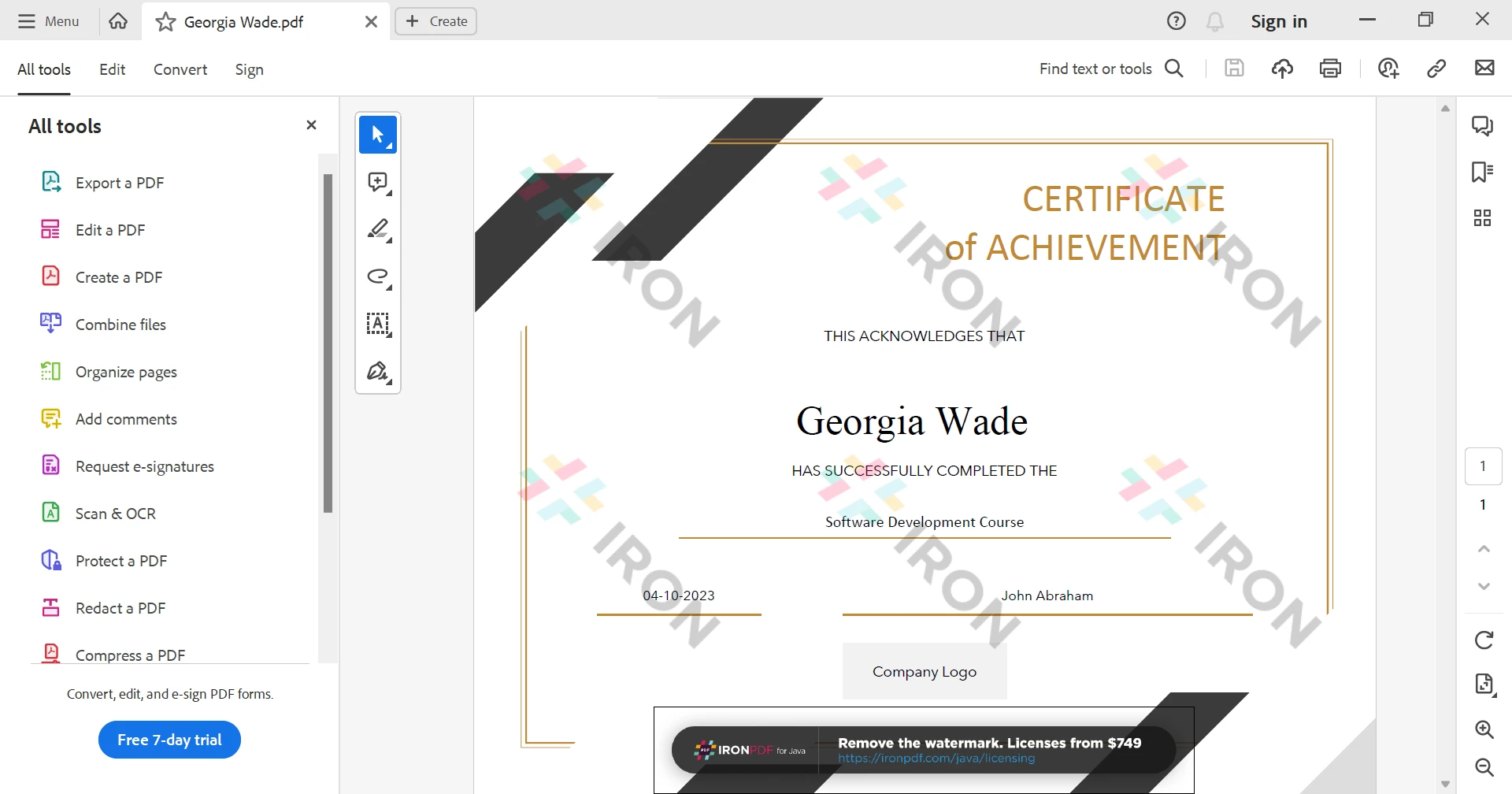
Step 2: Click on the "Export a PDF" tab from All Tools on the left side.
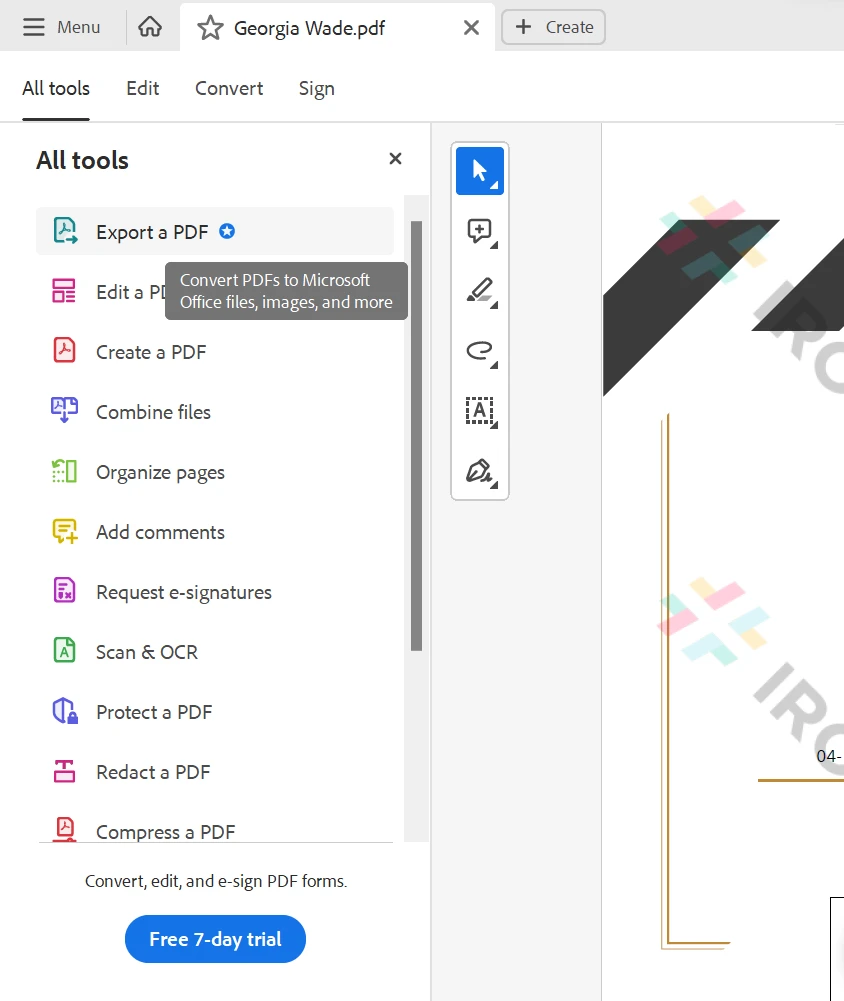
Step 3: Choose JPEG from the given image formats list, select Image Quality, and click on the Convert button.
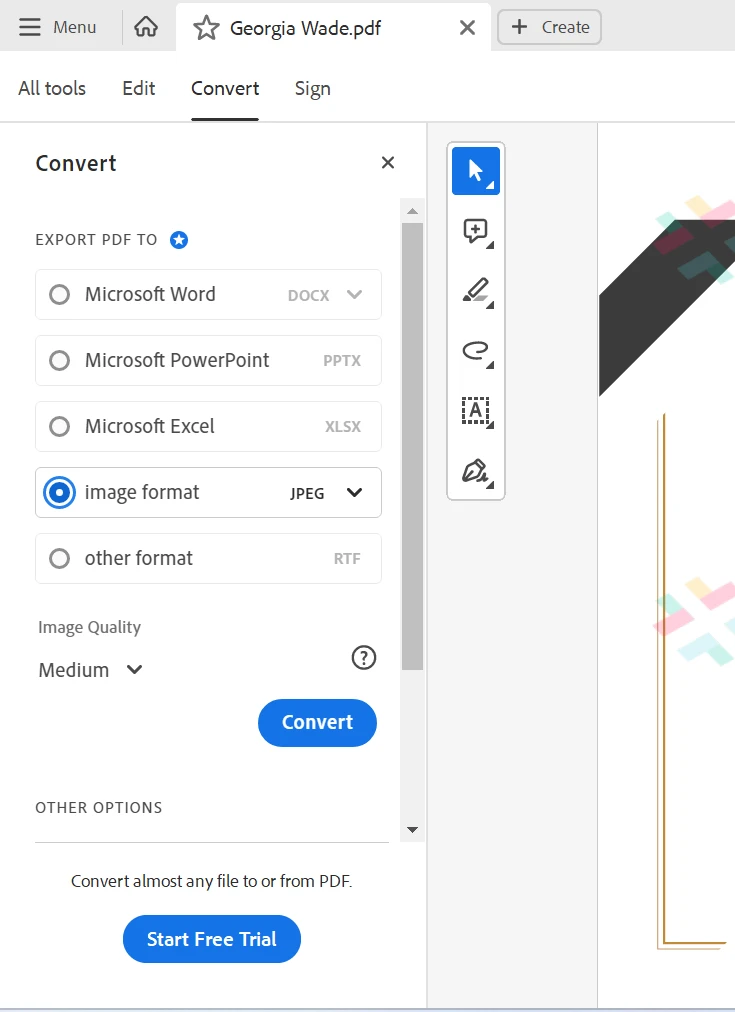
It will easily convert PDF files to JPEG quickly.
Method 3: Convert PDF to JPEG files programmatically
This method is only for people who understand programming and love to solve problems using the power of C#. We will use the IronPDF Library for converting PDF files to JPEG files or JPG files in C#.
Before going further, let's have a little introduction about IronPDF C# Library.
IronPDF is a C# .NET library designed to facilitate the creation, manipulation, and rendering of PDF documents within .NET applications. It allows developers to programmatically generate PDF files, convert them into different image formats, merge and split existing PDFs, convert HTML content to PDF, and add various elements like text, images, and forms. IronPDF aims to streamline PDF-related tasks for developers working in C#.
Step 1: Create a New Project or Open an Existing Project in Visual Studio.
Step 2: Install IronPDF Library
To include IronPDF in your project, you need to install it from the NuGet Package Manager using the following command:
Install-Package IronPdf
Step 3: Write the following C# code to convert PDF files to image files.
// Load the PDF document from the specified path
PdfDocument pdfDocument = new PdfDocument(@"D:\Tutorial Project\testpdf.pdf");
// Convert the loaded PDF document to JPEG images and save them to the specified path
pdfDocument.RasterizeToImageFiles(@"D:\Images\Image*.jpeg");// Load the PDF document from the specified path
PdfDocument pdfDocument = new PdfDocument(@"D:\Tutorial Project\testpdf.pdf");
// Convert the loaded PDF document to JPEG images and save them to the specified path
pdfDocument.RasterizeToImageFiles(@"D:\Images\Image*.jpeg");In the above code:
- The first line loads the PDF document located at "D:\Tutorial Project\testpdf.pdf" into memory.
- The second line converts each page of the PDF document into separate JPEG images and saves them in "D:\Images\". The images are named sequentially as "Image1.jpeg", "Image2.jpeg", etc.

Output Image PDF file to JPEG Image
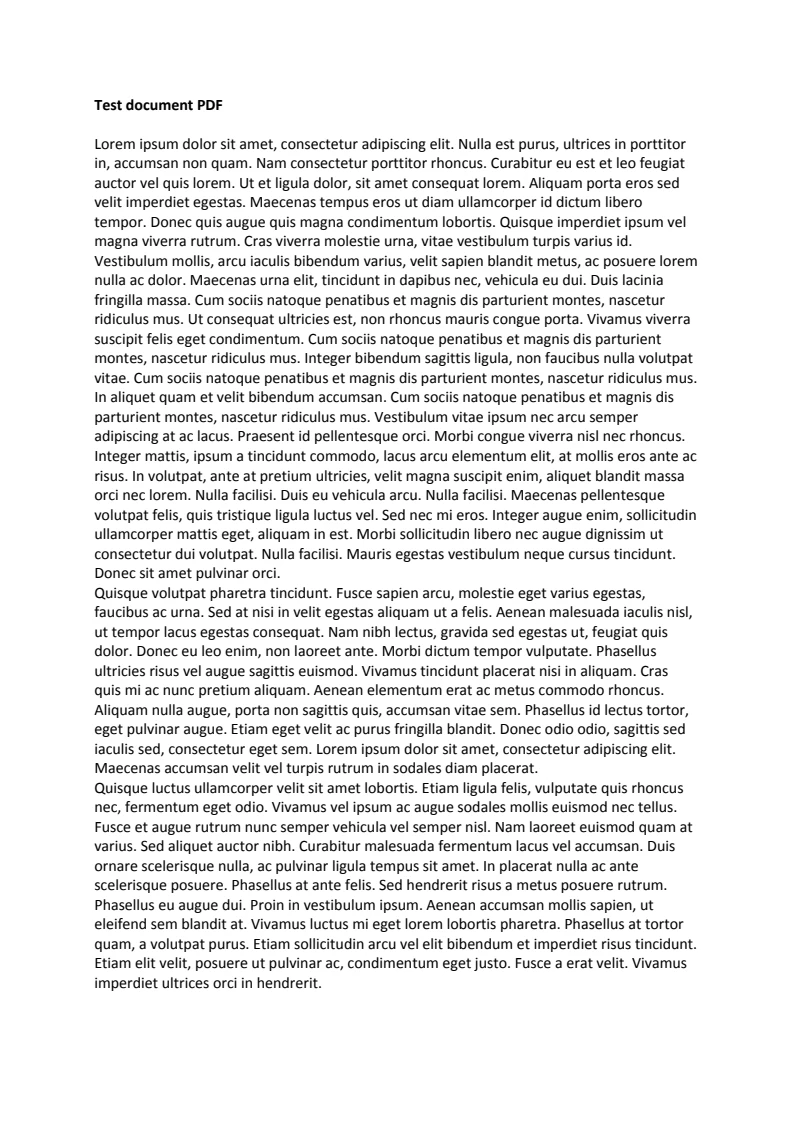
Conclusion
Online converters provide a quick and accessible solution, perfect for those who prefer a web-based approach without the need for software installation. Adobe Acrobat Reader, a widely recognized tool for PDF manipulation, offers a user-friendly method for saving PDFs as JPEGs, ideal for individuals seeking a familiar and reliable option. Meanwhile, the IronPDF library emerges as an advanced choice, particularly suited for C# .NET developers, enabling you to programmatically manage PDF files and seamlessly convert them to JPEG images with precision and customization.
IronPDF is a very low-cost library available with a free trial. Please check this tutorial on rasterizing PDFs to images for more information on how to save PDF as JPEG files.


